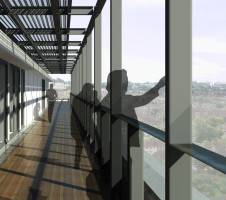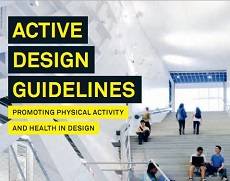September 19, 2013
Plans for a new high rise office development in City of London unveiled
Plans for a new high rise office development in the City of London have been unveiled by Henderson Global Investors. Designed by Make architectural practice, the high buildings at 40 Leadenhall Street, EC3 will vary in height between 7 and 34 office storeys, with two additional basement levels, a roof level plant, and café and restaurant uses at ground floor level. The total size of the building is 910,000 sq ft, split between 890,000 sq ft office and c. 20,000 sq ft retail. A grade II listed building at 19-21 Billiter Street, built in 1865, will be restored and integrated in the proposed scheme, which it is estimated will create 390 construction jobs, with around 7,000 people expected to work in the completed building. (more…)



























